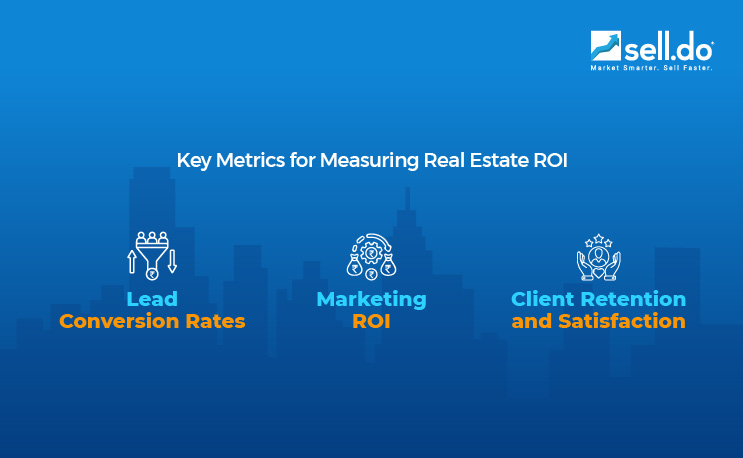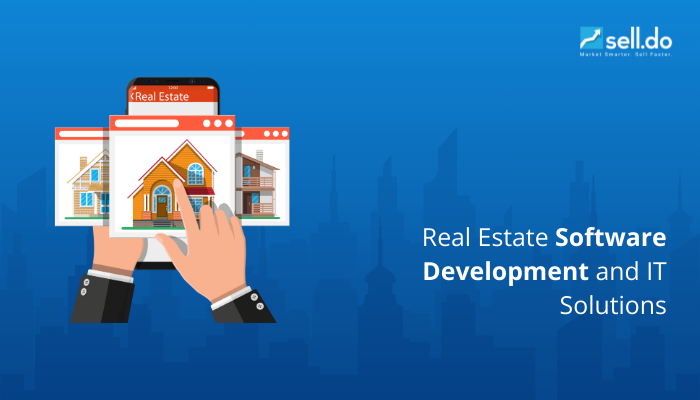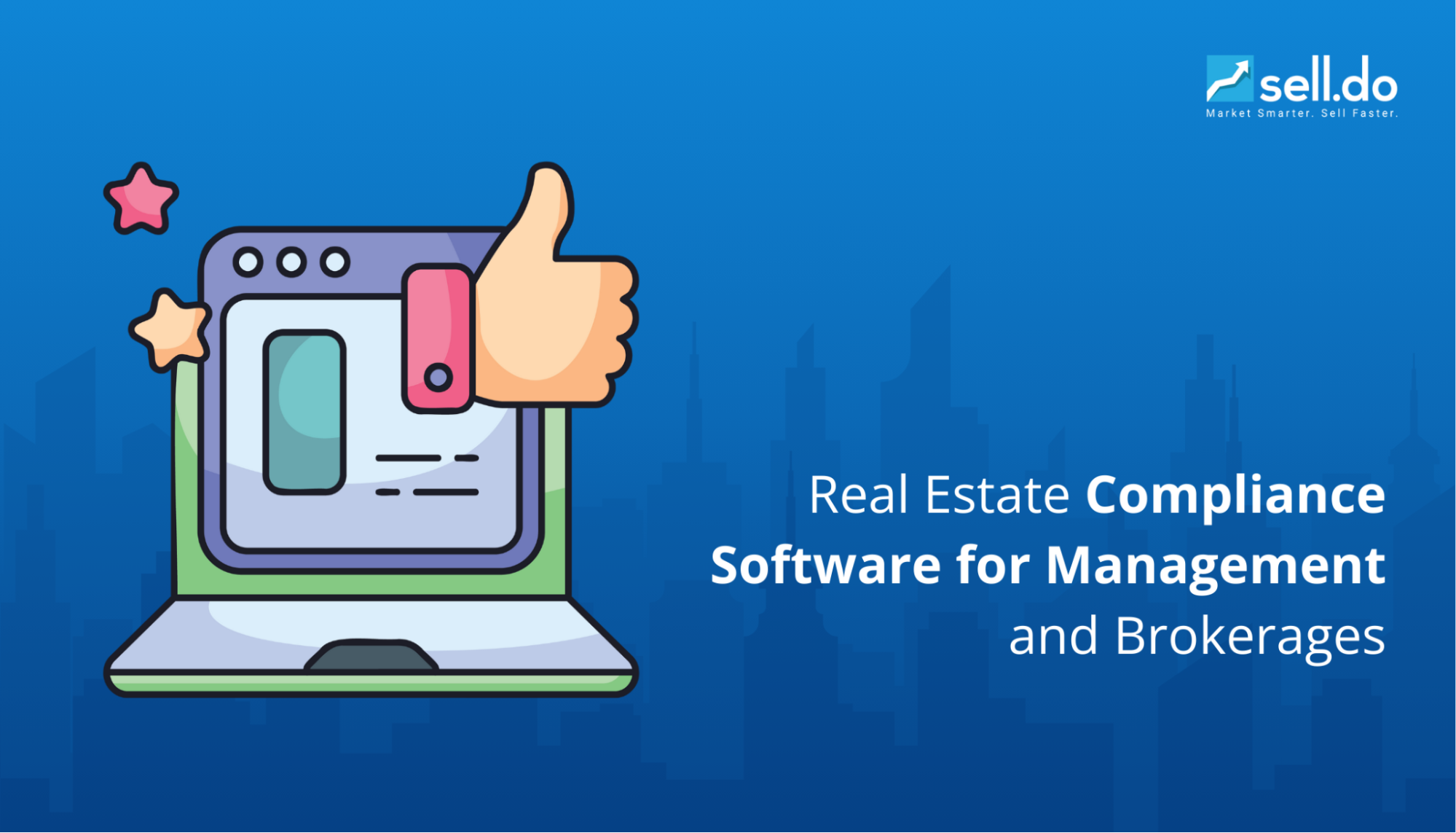Introduction
In today's ever-evolving real estate landscape, technological advancements play a pivotal role in shaping business strategies and driving success. Customer Relationship Management (CRM) systems, particularly tailored for real estate, have emerged as indispensable tools for professionals in the industry. Real Estate CRM Implementation has become a cornerstone for agencies, revolutionizing the way they manage interactions, streamline processes, and enhance client relationships. However, the implementation of a CRM system represents a significant investment for real estate businesses, prompting the need to measure the return on investment (ROI) effectively.
This comprehensive guide aims to delve deeply into the intricacies of evaluating ROI in real estate CRM adoption, empowering professionals to make data-driven decisions and maximize profitability.
In the dynamic realm of real estate, staying ahead of the curve entails not only embracing innovation but also strategically leveraging technology to gain a competitive edge. Amidst this digital transformation, CRM for real estate have become essential. These systems cater to the unique needs of the industry, offering features tailored for lead management, client communication, and transaction management. Real estate agencies are increasingly turning to improve marketing ROI for a Real Estate Business by harnessing the power of CRM solutions.
Yet, the adoption of CRM for real estate comes with its own set of challenges, particularly concerning the financial implications and the need to justify the investment. Hence, understanding how to measure the ROI from CRM implementation becomes paramount for real estate businesses seeking sustainable success in today's competitive market. Real estate professionals are realizing the importance of ROI measurement for real estate CRM, acknowledging that it goes beyond monetary gains.
As businesses navigate the complexities of CRM adoption in the real estate sector, the ability to evaluate ROI effectively becomes a cornerstone of informed decision-making. By gaining insights into the tangible and intangible benefits of Real estate CRM ROI analysis, professionals can optimize resource allocation, identify areas for improvement, and ultimately drive profitability. This guide aims to provide a comprehensive exploration of the various facets of measuring ROI in real estate CRM adoption, equipping professionals with the knowledge and tools needed to maximize returns on their CRM investments.
From analyzing key metrics such as lead conversion rates and marketing ROI to understanding the financial implications and conducting regular ROI tracking for real estate CRM, this guide will delve into the strategies and best practices for assessing the impact of CRM on business performance. Real-world examples and case studies will illuminate the transformative potential of CRM adoption, showcasing how organizations have achieved tangible results and unlocked new opportunities through effective implementation. By harnessing the power of data-driven insights, real estate professionals can navigate the complexities of CRM adoption with confidence, driving sustainable growth and maximizing profitability in an ever-evolving market landscape.
Understanding CRM Implementation in Real Estate
Implementing a CRM system in the real estate sector involves a multifaceted approach tailored to meet the unique needs and challenges of the industry. Real estate CRM solutions are meticulously designed to streamline various aspects of operations, including lead management, client communication, marketing campaigns, and transaction management. By centralizing critical data and automating repetitive tasks, CRM systems empower real estate professionals to optimize their workflows, increase efficiency, and deliver exceptional service to clients.
Key Metrics for Measuring Real Estate ROI

-
Lead Conversion Rates:
Real estate CRM systems enable agents to meticulously track leads throughout the sales pipeline, from initial contact to conversion. By analyzing lead conversion rates pre- and post-CRM implementation, businesses can comprehensively assess the system's effectiveness in converting leads into clients and ultimately driving revenue.
-
Marketing ROI:
CRM platforms offer robust marketing automation features that allow real estate businesses to execute targeted campaigns, track engagement metrics, and measure marketing ROI. By meticulously monitoring key performance indicators such as lead generation, conversion rates, and cost per acquisition, organizations can strategically optimize their marketing efforts and maximize ROI.
-
Client Retention and Satisfaction:
A satisfied client is more likely to become a repeat customer and refer others to the business. Real estate CRM systems facilitate personalized communication, timely follow-ups, and proactive client management, leading to higher retention rates and increased customer satisfaction.
Calculating ROI from CRM in Real Estate
To comprehensively calculate the ROI from CRM implementation in real estate, organizations must meticulously consider both quantitative and qualitative factors. The formula for ROI entails a thorough comparison of the net benefits derived from CRM adoption (such as increased revenue, cost savings, and improved efficiency) to the total costs incurred, encompassing software licensing, implementation, training, and ongoing maintenance.
ROI Tracking for Real Estate CRM: Best Practices
-
Define Clear Objectives:
It is paramount for organizations to establish specific, measurable goals for CRM implementation, such as increasing lead conversion rates, reducing marketing costs, or improving client satisfaction scores.
-
Track Key Performance Indicators:
Real estate professionals must diligently monitor relevant metrics, such as lead generation, conversion rates, client retention, and marketing ROI, to comprehensively assess the impact of CRM on business performance.
-
Conduct Regular Evaluations:
Continuously analyzing CRM data and performance metrics enables organizations to proactively identify areas for improvement and strategically optimize strategies for maximum ROI.
Real Estate CRM Implementation Success Metrics
Success in real estate CRM implementation can be aptly measured by various key metrics, including:
-
Noticeable increases in lead conversion rates and consequent sales revenue.
-
Marked improvements in marketing ROI and cost-effectiveness.
-
Elevated client satisfaction scores coupled with enhanced retention rates.
-
Streamlined workflows, resulting in heightened operational efficiency.
-
Enhanced visibility into the sales pipeline and improved forecasting accuracy.
By meticulously focusing on these metrics and adeptly leveraging the robust capabilities of CRM systems, real estate professionals can confidently drive growth, enhance client relationships, and achieve sustainable success in today's fiercely competitive market.
Conclusion:
In conclusion, the implementation of CRM in the real estate sector holds immense promise for driving efficiency, enhancing client relationships, and ultimately boosting profitability. As professionals navigate the complexities of evaluating ROI, it's crucial to leverage the insights gleaned from this guide. Additionally, to streamline CRM adoption and maximize ROI, consider solutions like Sell.Do CRM.
With its tailored features and proven track record, Sell.Do empowers real estate professionals to optimize their operations and achieve tangible results. Embrace the transformative power of CRM technology and embark on a journey towards sustainable growth and success in the real estate market.






Leave a comment
Comments (0)
Be the first one to comment.